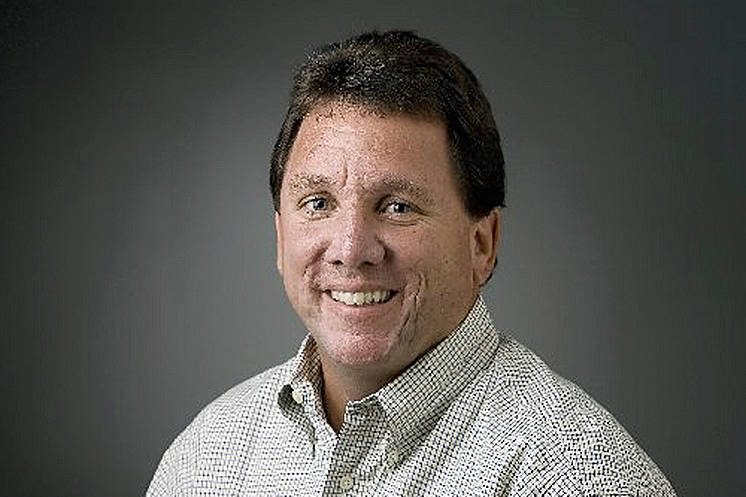By John Romano
Tampa Bay Times
What are you willing to pay to win a World Series?
A $5 million fine? Pfft! The last two World Series champions had an average payroll in the $200 million range. So a $5 million fine is a 2.5% penalty.
A handful of first- and second-round draft picks? Yeah, that hurts. But when you’re winning pennants, there are already 28 teams drafting ahead of you.
Suspensions of your manager and general manager? Get the bus schedule and let’s see who pushes them off the curb.
Look, I’m not saying the punishments for cheating handed down Monday by Major League Baseball commissioner Rob Manfred to the Houston Astros weren’t harsh. Just ask manager A.J. Hinch and general manager Jeff Luhnow. They were both suspended for a year and, 20 minutes after that announcement, were fired by team owner Jim Crane.
So why does it still feel as if it wasn’t enough?
Because the players who were the admitted cheaters in 2017-18 got no penalty whatsoever. And the organization, which reaped huge financial benefits from the success of recent seasons, was only nominally penalized.
Instead, two middle management officials took the fall. And that’s supposed to discourage players in the future?
Essentially, the message that filters down to the players is that they’re free to break the rules as long as they keep it hidden from the coaching staff.
I’ll admit, Manfred was in a difficult position. As he pointed out while announcing his decision on Monday, it’s difficult to pinpoint which players were active participants, which were marginally involved and which merely had knowledge of what was happening.
On the other hand, baseball’s first commissioner, Kenesaw Mountain Landis, didn’t seem to equivocate with the Chicago Black Sox.
In case you haven’t followed the story, the Astros were found to have used television replay monitors and other electronics to steal signs from opposing pitchers and catchers despite MLB’s explicit instructions that this was illegal.
This wasn’t gamesmanship. And it wasn’t a handful of rogue players. Former Houston bench coach —and current Red Sox manager Alex Cora —was one of the ringleaders, and all of the hitters were involved to some degree. (The Red Sox are currently under investigation, and Cora could conceivably receive the harshest penalty of all when that’s completed.)
Hinch was supposedly uncomfortable with the notion, but admitted to Manfred that he was aware it was going on. Luhnow denied knowing anything about it, but emails suggested he was in the loop.
So their penalties, while severe, were entirely justified.
But, institutionally, it feels as if the Astros got a reprieve. In real terms, they are the same contenders for the 2020 American League pennant as they were 24 hours ago.
In other sports, medals and titles are stripped from cheaters. And the NCAA issues postseason bans and severe scholarship restrictions.
I’m not advocating MLB vacates the World Series titles won by the Astros (2017) and Red Sox (2018). That seems a little overboard. But shouldn’t the pain be worse than losing a couple of non-playing personnel and four semi-valuable draft picks?
For instance, Houston should have had its allotment of international signing bonuses slashed. And I’m sure the commissioner’s office could have figured out other creative ways to punish the franchise from a competitive standpoint.
Instead, while saying Luhnow and Hinch should have had their fingers on the pulse, the commissioner basically said team ownership had no responsibility.
That’s a cop-out. And it’s not much of a deterrent.
Granted, no owner wants to go through another embarrassing offseason the way Crane did. And, after all this publicity, it’s not likely we will see another sign-stealing scandal in the next few years.
But somewhere down the line, it’s not hard to imagine another franchise looking back at this episode and doing a cost/benefit analysis.
Let’s see:
The players don’t get penalized, the owner gets praised for his cooperation and the team wins two pennants and a World Series in a three-year span?
Yeah, that seems worth the risk.



